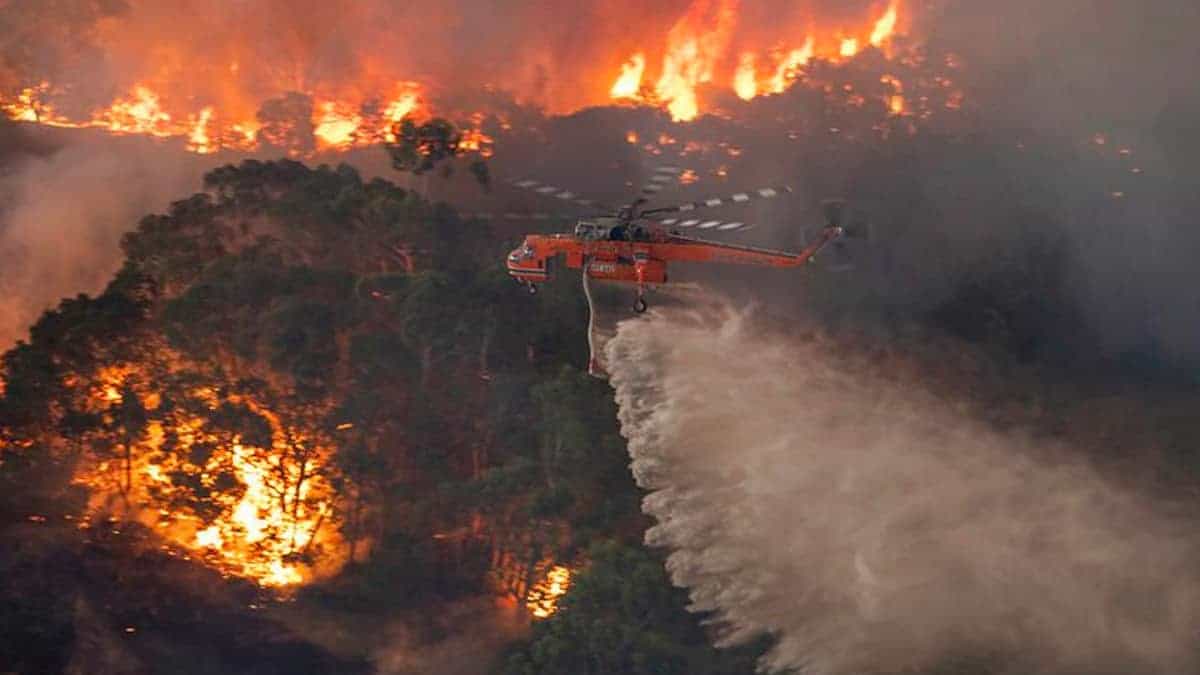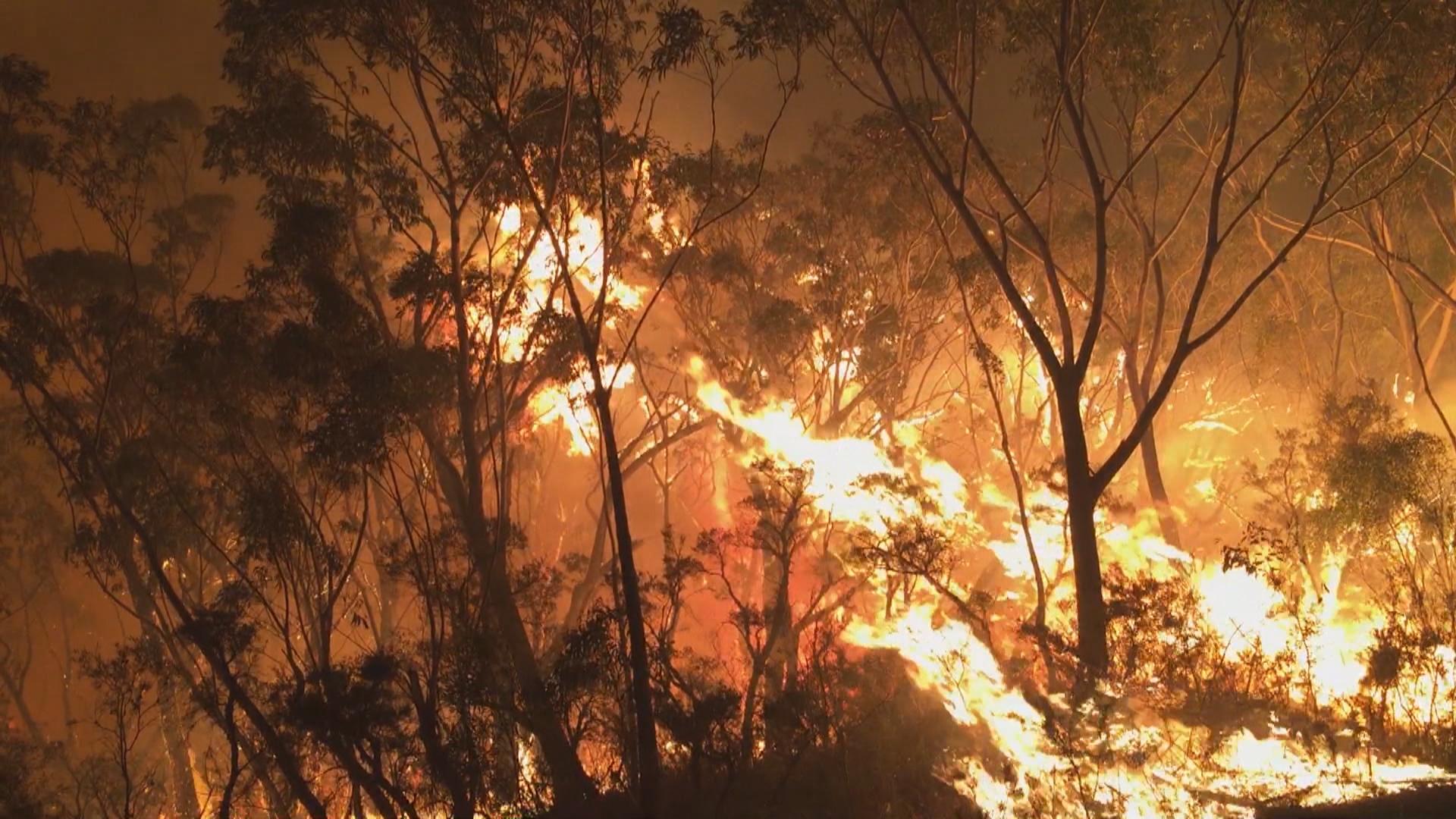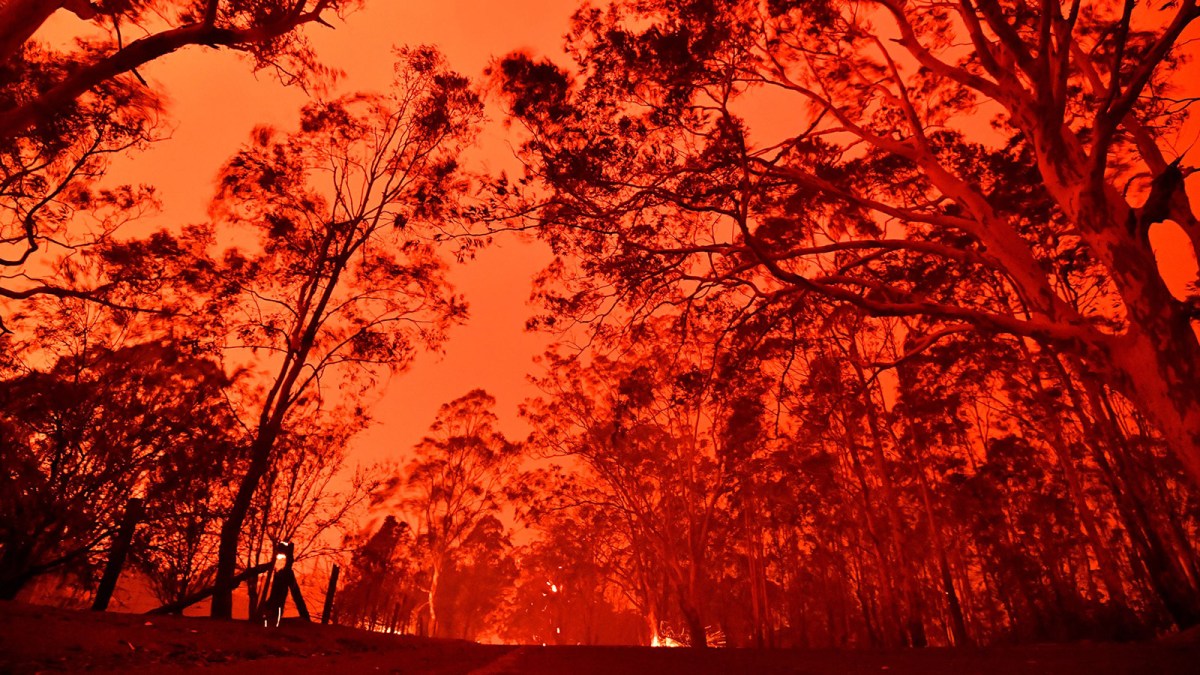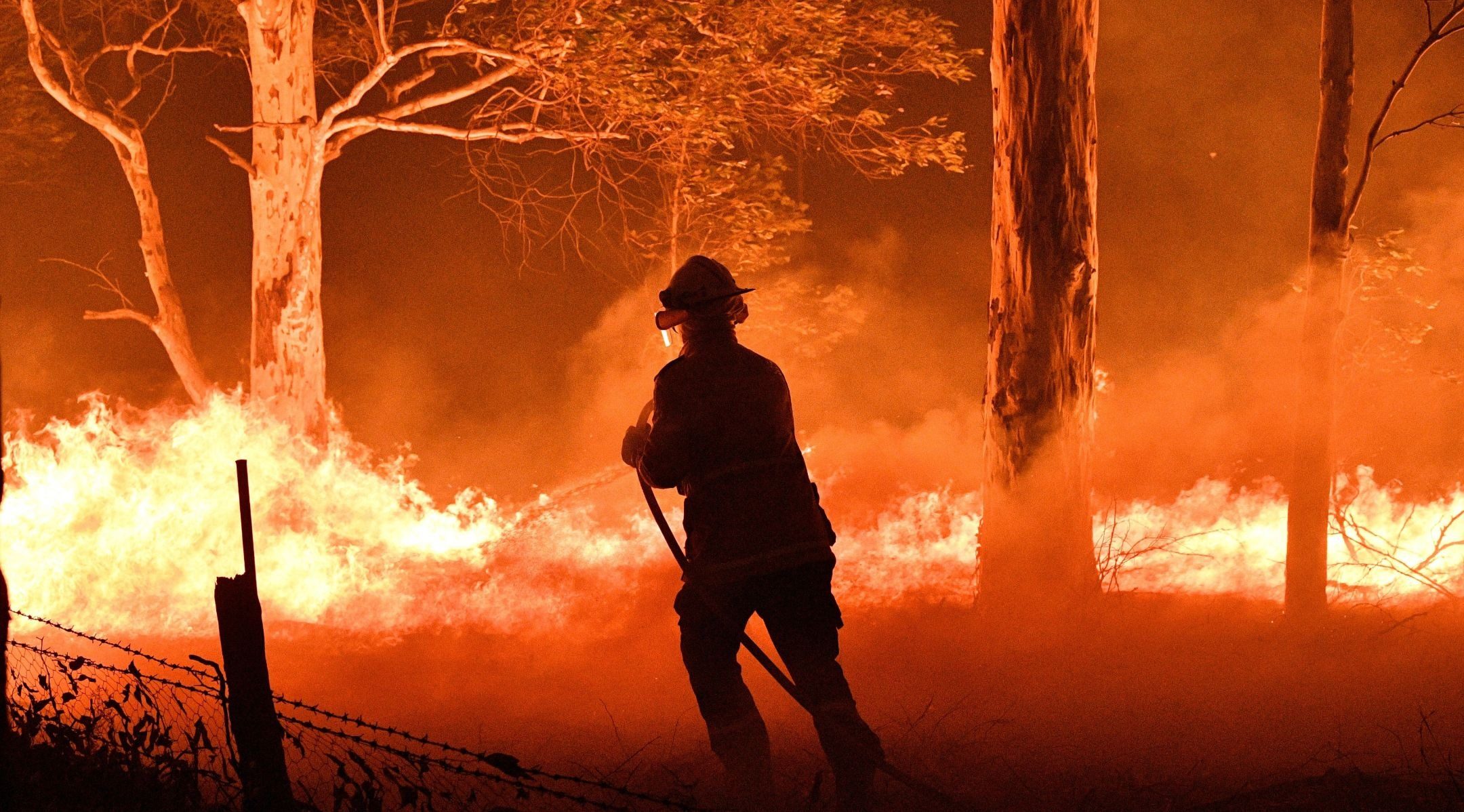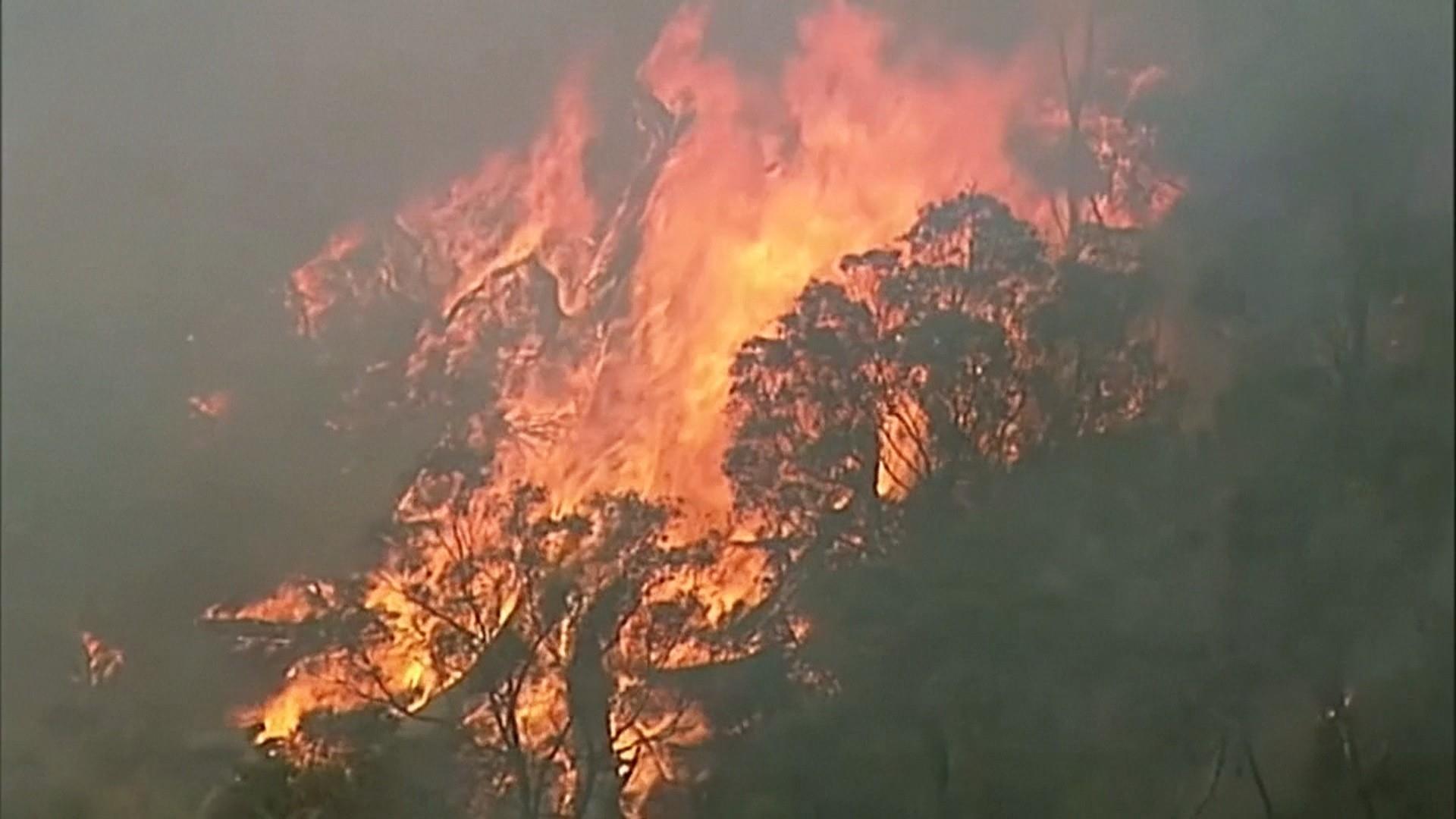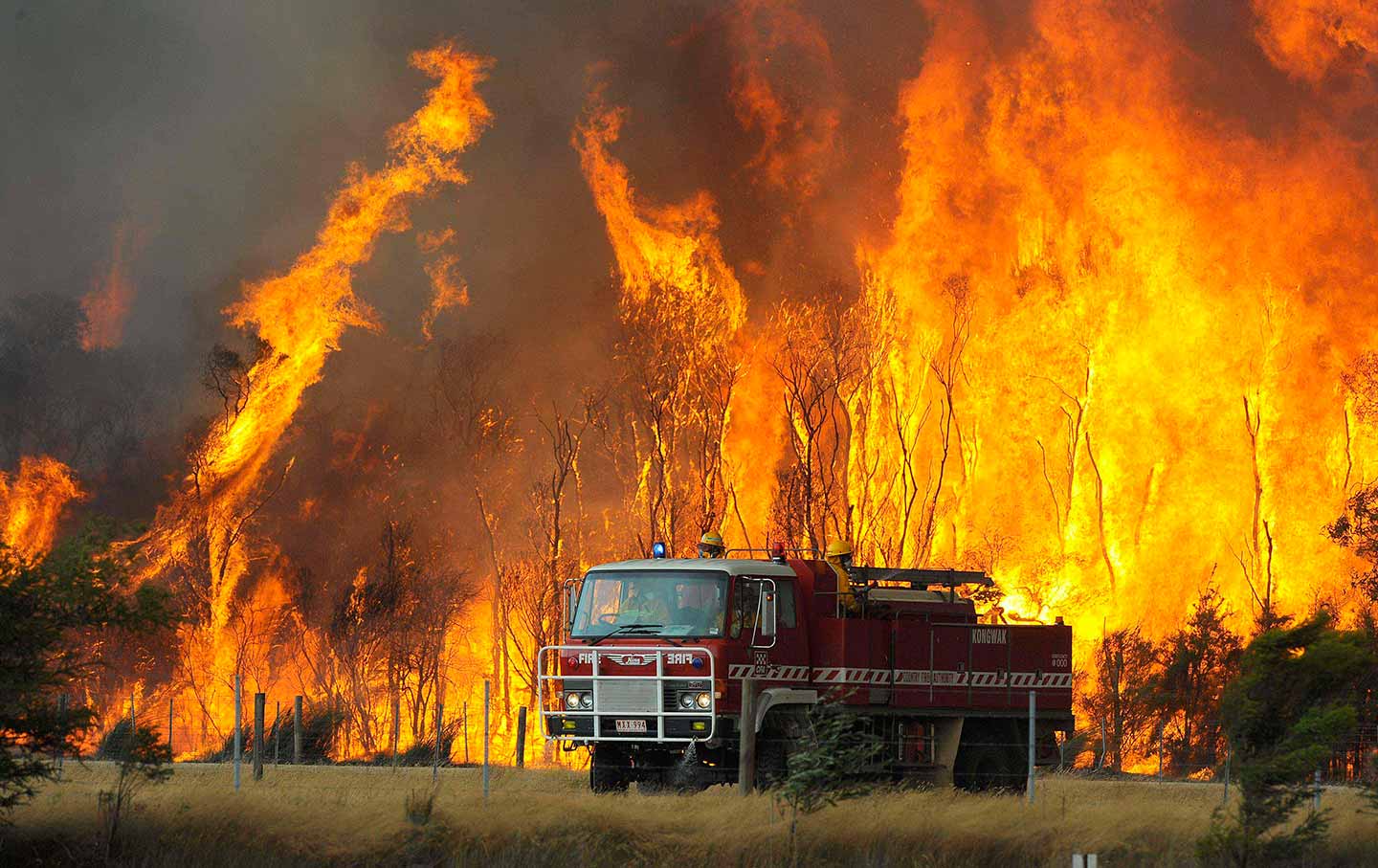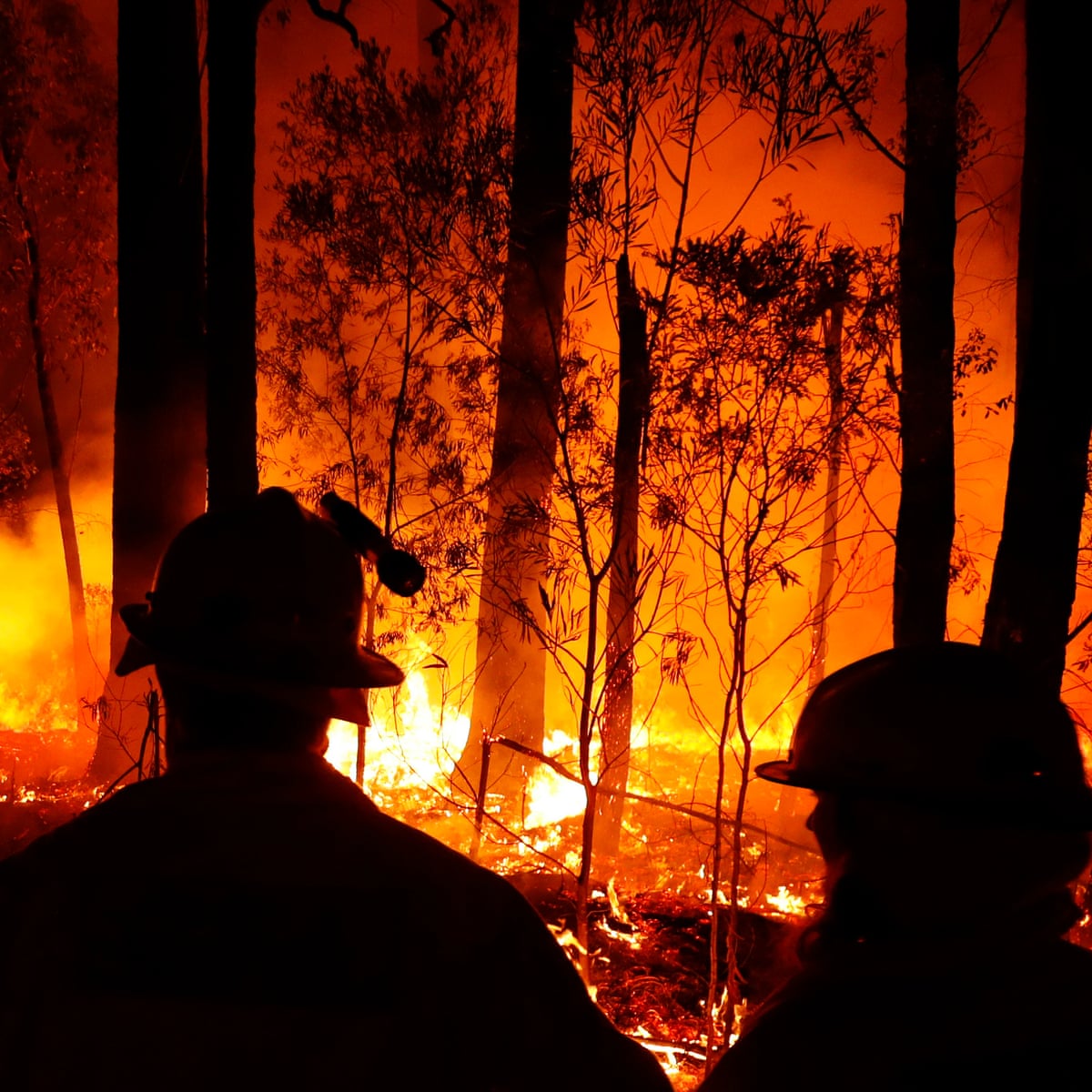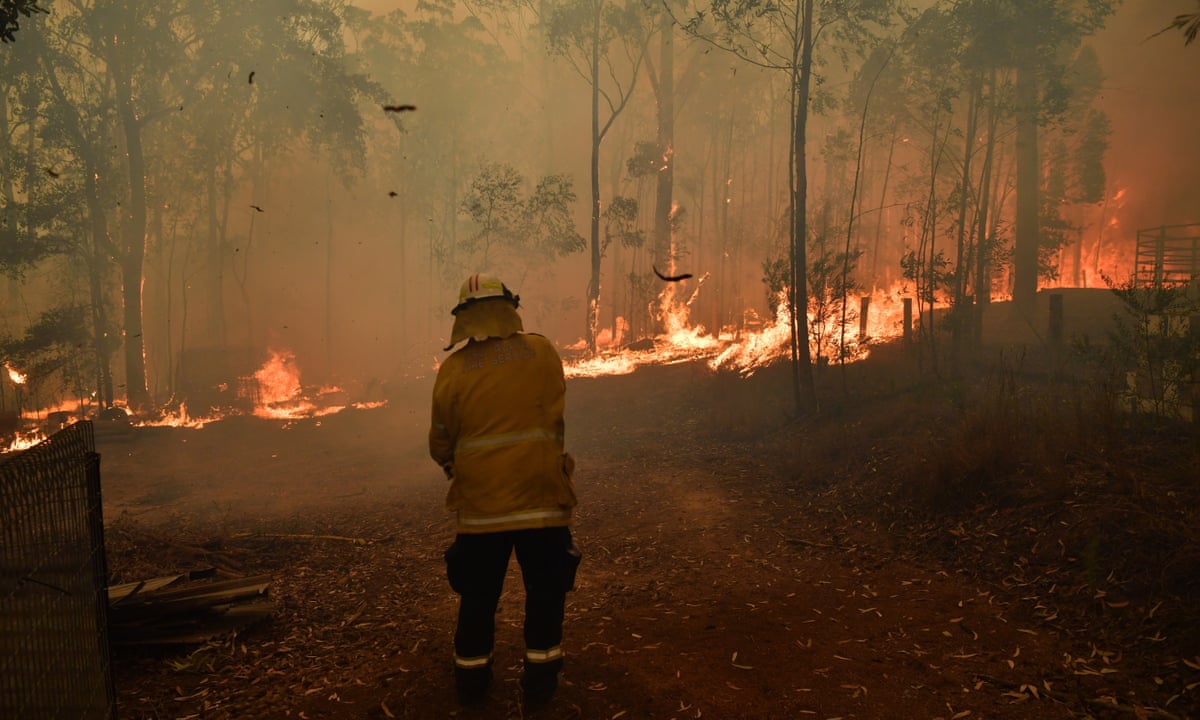Australia Fires Caused By Global Warming

Human-caused climate change is worsening the wildfires scorching Australia experts say.
Australia fires caused by global warming. Thats particularly a problem in drought-prone regions like Australia and California. Global warming is a key factor - but not the only one. Global warming stresses ecosystems through temperature rises water shortages increased fire threats drought weed and pest invasions intense storm damage and salt invasion just to name a few.
The burning of coal oil and gas is driving up global temperatures leading to hotter Australian conditions. And yet addressing this reality by reducing emissions will offer little practical help to Australians who must gird themselves against the threat of more fires at least not for the foreseeable future. Global warming boosted the risk of the hot dry weather thats likely to cause bushfires by at least 30 they say.
The scientific consensus could not be clearer. Such an extreme fire season is at least 30 percent more likely because of global warming a new analysis finds. There is no doubt climate change must be tackled as an urgent priority but it is equally.
Yes there is a link between climate change and the prevalence and severity of fires. Heat and dry conditions says Stefan Rahmstorf department head at the Potsdam. Anthropogenic warming has worsened Australias fire risk by extending fire seasons increasing average temperature and drying the landscape.
Australias Hottest Summer on Record Consistent with Global Warming Epic Heat Wildfires Are Scorching Australian Landscape Aussie Heat Wave Nears 122F Severe Fire Threat Declared. Despite the political smokescreen scientists are in no doubt that global heating has contributed to Australias fire emergency Smoke from Australias unprecedented bushfires as. The Insurance Council of Australia said on January 7 that the bushfires have caused at least US485 million 435 million in damage and that number was likely to rise.
Since the mid-1990s southeast Australia has experienced a 15 decline in late autumn and early winter rainfall and a 25 decline in average rainfall in April and May. As climate scientist Kevin Trenberth explained in a recent interview with videographer Peter Sinclair global warming directly intensifies wildfires by drying out soil and vegetation creating more fuel to burn farther and faster. Global warming is an aspect of climate change referring to the long-term rise of the planets temperatures.

